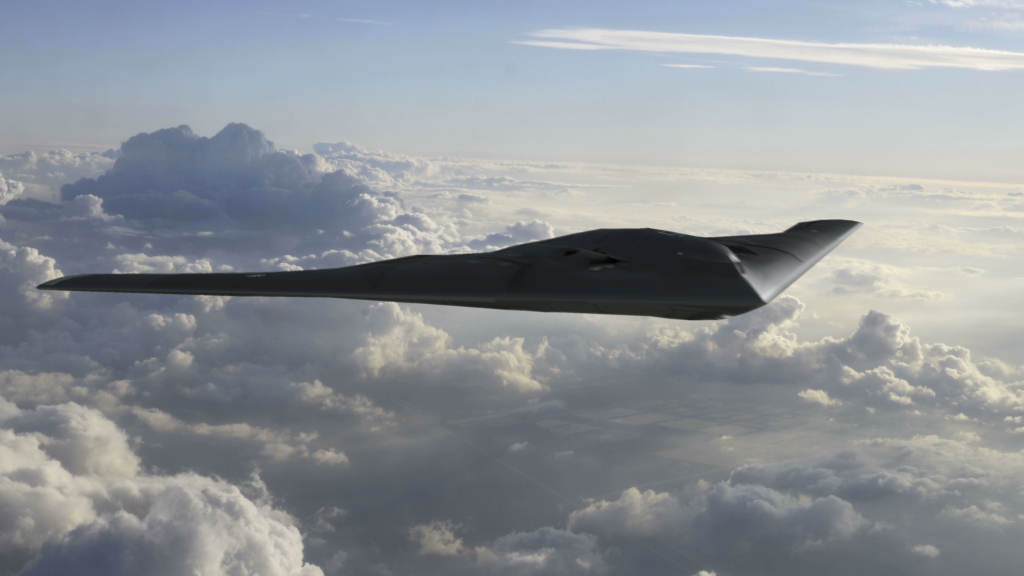As the global community continues to grapple with the coronavirus (COVID-19), the Atlantic Council is open for business. Our business, meetings, and events, however, are occurring virtually. For more information, please read an update from our President and CEO.
Please join the Atlantic Council’s Scowcroft Center for Strategy and Security for a public conversation on “Modern Mobilization: Defense-Industrial Preparedness for Great-Power Conflict,” featuring Atlantic Council Nonresident Senior Fellow Dr. James Hasik, CSIS Senior Adviser Mark Cancian, and Department of Defense Supply Chain Lead Brennan Grignon. This latest event in Forward Defense’s Defense-Industrial Policy Series will take place on Wednesday, July 21, 2021 from 3:30 p.m. to 5:00 p.m. EDT, and will be held online via Zoom. To receive the Zoom link, please click the REGISTER button above.
You will not find it difficult to prove that battles, campaigns, and even wars have been won or lost primarily because of logistics.
For the past 30 years since the fall of the Soviet Union, the United States and its allies and partners have primarily oriented their armed forces toward fighting more limited counterterrorism and counterinsurgency campaigns, and their industrial bases have adapted accordingly. Now, as policymakers continue to grapple with the return of great-power competition, it is increasingly apparent that the US defense-industrial base is not optimized for rapid mobilization in response to the long-term, high-intensity conflicts we may encounter with China, Russia, or other competitors. Maintaining deterrence demands a robust and flexible industrial capacity, but key questions remain in an uncertain geostrategic environment. What are the military capabilities that need to be developed and procured at speed and at scale in an escalating crisis? How can the government, military, and industry improve their practices and relationships to ensure they meet the demands of modern mobilization? And what are the appropriate lessons learned from past mobilization successes, such as the procurement of the mine-resistant, ambush-protected vehicle (MRAP) during the Iraq War?
To illuminate these challenges are three experts in defense-industrial mobilization:

Nonresident Senior Fellow at the Atlantic Council’s Scowcroft Center for Strategy and Security, whose forthcoming book Securing the MRAP: Lessons Learned in Marketing and Military Procurement explores how the US industrial base mobilized to produce the mine-resistant, ambush-protected vehicle (MRAP), thereby effectively responding to the lethal threat of IEDs during the Iraq War.

Mr. Mark F. Cancian (Colonel, USMCR, ret.)
Senior Adviser at the CSIS International Security Program, whose January 2021 report Industrial Mobilization: Assessing Surge Capabilities, Wartime Risk, and System Brittleness assesses the challenges faced by the contemporary US defense-industrial base in mobilizing for a long-term, high-intensity conflict.

Supply Chain Lead in the Office of Industrial Policy at the US Department of Defense, who served as a principal architect of the Pentagon’s industrial base assessment undertaken in response to Executive Order 13806.
Moderated by:

Senior Fellow at the Atlantic Council’s Scowcroft Center for Strategy and Security
We hope you can join us for what promises to be an important and timely discussion. To receive the Zoom link, please compete the registration form below.
The Defense-Industrial Policy Series is a platform for senior government executives in defense and aerospace to address the public polices that shape the market for defense goods and services. By engaging the perspective of government leaders about issues at the interface of defense ministries and industries, the series aims to cultivate a constituency for practical solutions to these challenges.

Forward Defense, housed within the Scowcroft Center for Strategy and Security, generates ideas and connects stakeholders in the defense ecosystem to promote an enduring military advantage for the United States, its allies, and partners. Our work identifies the defense strategies, capabilities, and resources the United States needs to deter and, if necessary, prevail in future conflict.

The Scowcroft Center for Strategy and Security works to develop sustainable, nonpartisan strategies to address the most important security challenges facing the United States and the world.